
Patient outcomes appeared to be more heavily driven by breast cancer stage than delays in diagnosis, researchers found.

Patient outcomes appeared to be more heavily driven by breast cancer stage than delays in diagnosis, researchers found.

This meta-analysis sheds more light on the beneficial impact of multiple melanoma (MM) treatments and the predictive value of minimal residual disease (MRD) status for patient prognoses.

Here are 5 things individuals should know about the powerful impact of blood donation and the benefits becoming a donor can have for patients in need.
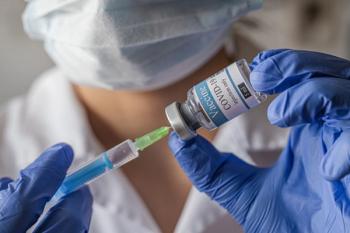
Patients with multiple myeloma (MM) can experience diminished immune responses during prolonged treatment; however, mRNA vaccines could bolster immunity in this vulnerable population.

Data pulled from the impact of Clinical Resource Hubs (CRHs) demonstrate the benefits these programs provide to veterans who may be experiencing gaps in care.

Opioid use disorder (OUD) can cause serious maternal complications, but data on the burden of OUD in pregnancy is severely lacking and more evidence-based solutions are needed.

Tim Mok, PharmD, BCPS, BCOP, malignant hematology pharmacy research analyst at Kaiser Permanente, discussed his perspective on the balance between clinical outcomes and cost considerations.

Song Park, MD, University of Washington Medicine, advocates for more user-friendly technology to support equitable skin cancer care access.

Sara Grethlien, MD, MBA, FACP, Swedish Cancer Institute, looks ahead to the future of oncology care and important value-based care considerations.
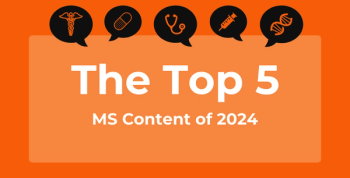
The most-viewed pieces of multiple sclerosis (MS) content covered remeylination therapies, the potential of cannabis treatment, potential predictors of MS, and reliable telemedicine developments.
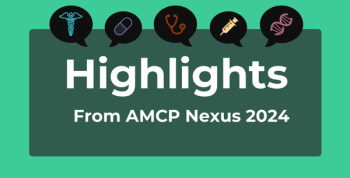
Check out this year's top coverage from The Academy of Managed Care Pharmacy (AMCP) Nexus 2024 meeting, which included relevant topics in health care policy, novel pharmaceutical developments, financial considerations across multiple conditions, and more.
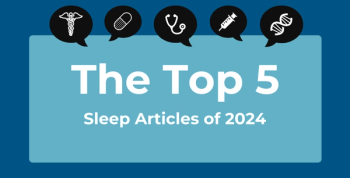
Check out this year's top 5 pieces of sleep coverage that cover topics surveying the benefits of supplements, novel developments in obstructive sleep apnea, and the negative effects of phone addiction.

Dan Bloomfield, MD, chief medical officer, Anthos, walks through promising findings demonstrating the efficacy of abelacimab, a factor XI (FXI) inhibitor, to reduce bleeding risk in atrial fibrillation treatment.
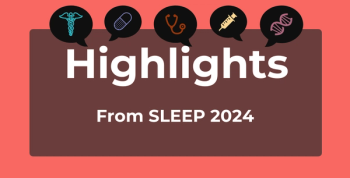
Check out our top 5 most-viewed pieces of coverage from the 2024 SLEEP meeting.


A recent Federal Order from the US Department of Agriculture aims to track, prevent, and address contaminated dairy products while public health risk remains low.
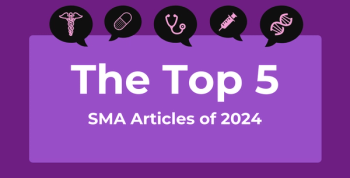
The top-5 most read articles on spinal muscular atrophy (SMA) span novel research in predictive biomarkers, the benefits of newborn screening, and findings that could reshape SMA as a multisystem disorder.

Experts at a recent Institute for Value-Based Medicine event emphasized the importance of early intervention, policy innovation, and proactive collaboration to transform the management of kidney disease and optimize patient outcomes.
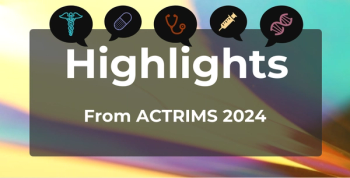
Read about the diverse array of research presented at this year's meeting, including novel technological advancements and insights into disease progression in multiple sclerosis (MS).

This recent study sheds light on a remaining gap in spinal muscular atrophy (SMA) research and care considerations: the impact of spinal motor neuron (SMN) copy number.
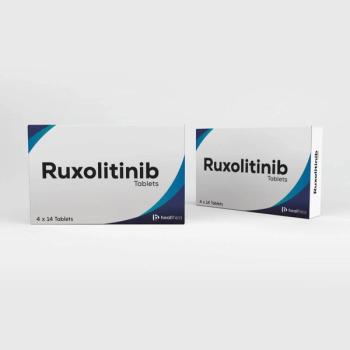
Two posters presented at the 2024 American Society of Hematology meeting bolster evidence supporting the long-term clinical benefits of ruxolitinib for polycythemia vera and chronic graft-vs-host disease.

New insights underscore the value of considering sleep variability when addressing inequities in pediatric sleep health.

Oussama Wazni, MD, Cleveland Clinic, discusses insights from the OPTION trial and their potential implication on guidelines for post-ablation management in atrial fibrillation.

Resistance training plus aerobic exercise had the greatest impact on patients' obstructive sleep apnea (OSA).

With new CDC data expressing optimism about the epidemic of sexually transmitted infections (STIs), take a look at the current novel approaches in STI care and learn about crucial next steps to combat this public health issue.

This analysis provides much-needed robust data on the efficacy of heat-cold therapy for mitigating discomfort and insomnia in restless legs syndrome (RSL).

With ponatinib (Iclusig) receiving an accelerated approval from the FDA earlier this year for the treatment of Philadelphia chromosome-positive acute lymphoblastic leukemia (Ph+ ALL), updated guidelines could be on the horizon.

The authors emphasize the value of subgroup analyses for tracking patterns in spinal muscular atrophy (SMA), as opposed to drawing mean conclusions across entire cohorts.

If made official, the proposed rule would give Part D and Medicaid beneficiaries expanded coverage to antiobesity drugs starting in 2026.
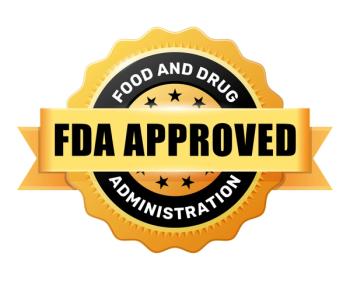
The FDA approval marks the first oral solution indicated for patients with different forms of leukemia.

259 Prospect Plains Rd, Bldg H
Cranbury, NJ 08512
© 2025 MJH Life Sciences®
All rights reserved.
